 Juvenal
Juvenal In one corner, Brendan O’Neill and many others deride the Guardian’s railing at the use of Terrorism legislation against what it defines as legitimate journalistic endeavour, whilst staying silent on the long judicial limbo hovering over their compatriots in the hacking scandal.
In the other, the broadsheets point to the moral chasm between investigative journalism that holds the Government to account and prurient muckraking amongst celebrities and the families of murder victims. In the digital din of perpetual content churn, it is not always Juvenal’s question ‘who shall guard the guardians?’ that is being answered.
Leaving aside the increasingly frequent instances when these two worlds collide and a broadsheet behaves like a tabloid and vice versa, the arguments on both sides have some legitimacy regardless of the context. Where you stand on Fleet Street should not determine how strongly you defend the principle of public interest over public prurience.
The use of legitimate investigative methods and being allowed to make a public interest case for the use of leaked whistleblower material that speaks truth to power should be a constant. The press should always be testing this principle and it is a tension that must exist if their role is to have any significance in the age of Yochai Benkler’s Networked Fourth Estate defined as ‘the set of practices, organizing models, and technologies that are associated with the free press and provide a public check on the branches of government.’ For some reason he doesn’t mention the upskirt shots of the paparazzi and the practice of ‘collects’ - those intimate photos of the murder victim, coaxed from grieving families usually by the unpaid interns now ubiquitous at both ends of Grub Street, but then he’s a busy man.
When politicians prohibited from conflating their personal financial interests with their public position are then found to be taking the shilling of those they award access to patronage, it is legitimate for that hypocrisy to be exposed and the argument can then be had about the methods used to discover this information. It’s just a shame it happens every news day. Repetition dulls the readership however proud curmudgeonly ancient Roman finger waggers such as Juvenal would be.
However if a soap star or local mayor has not suggested fidelity as the abiding tenet of their every waking breath, then the details of their fornication with the lower mammals or the surprising use of random items from the fruit bowl to satisfy their baser desires is interesting and may sell papers and groceries, but is none of our business. Entertaining though, isn’t it? But if the aim is to feed the entertainment industry, then that is not and never has been journalism. That is treating Juvenal to an up-toga shot. That’ll teach him to step out of his chariot without his knees locked together.
Both stories may have been exposed by similar means, but it’s the principle not the methods that need defending. Everything else is PR.

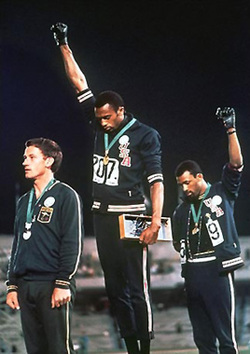
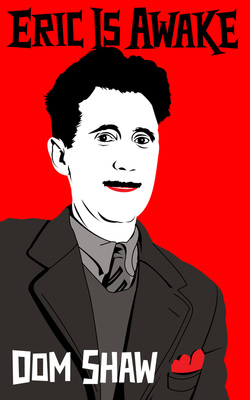
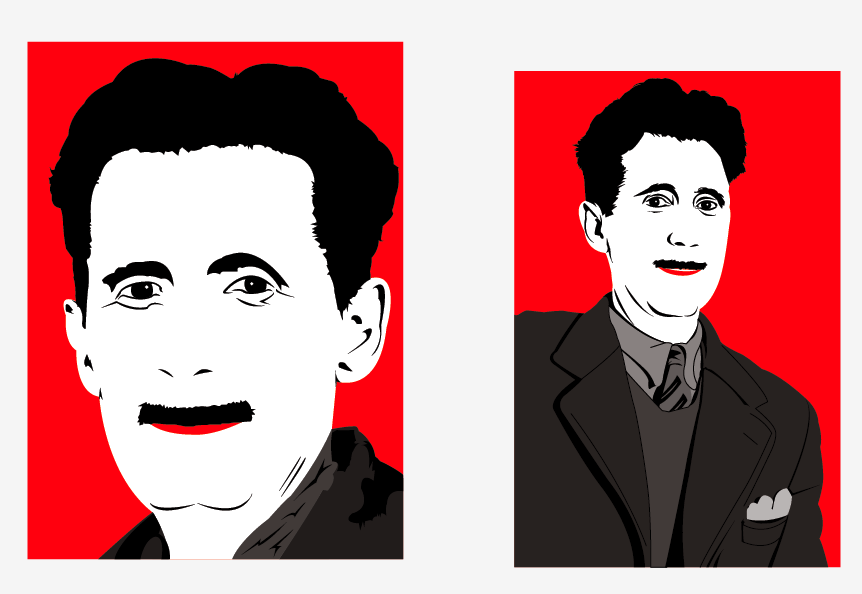
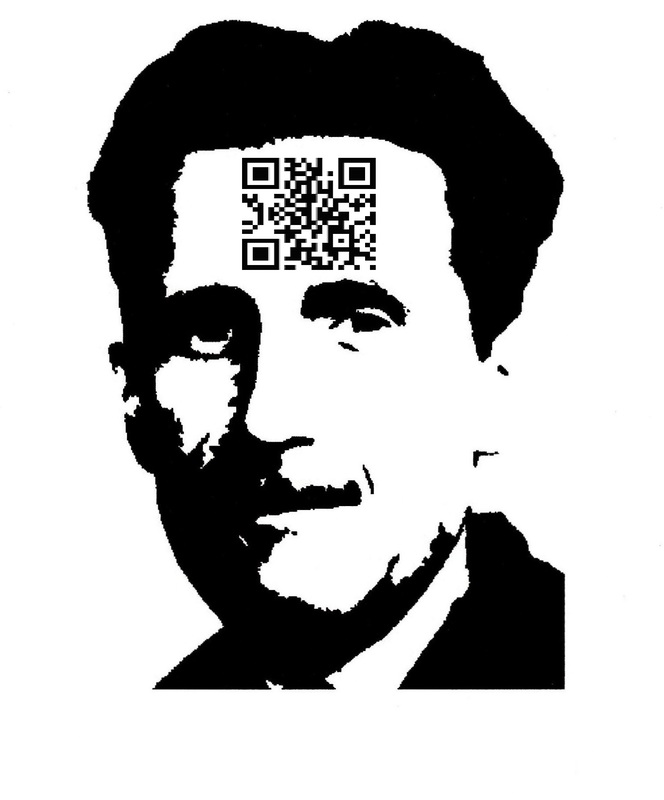
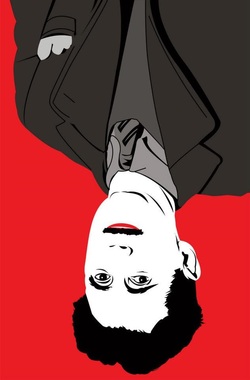


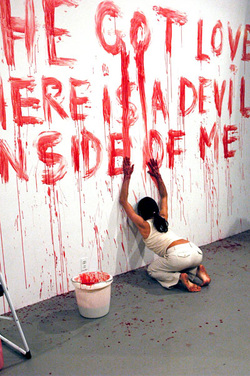


 RSS Feed
RSS Feed